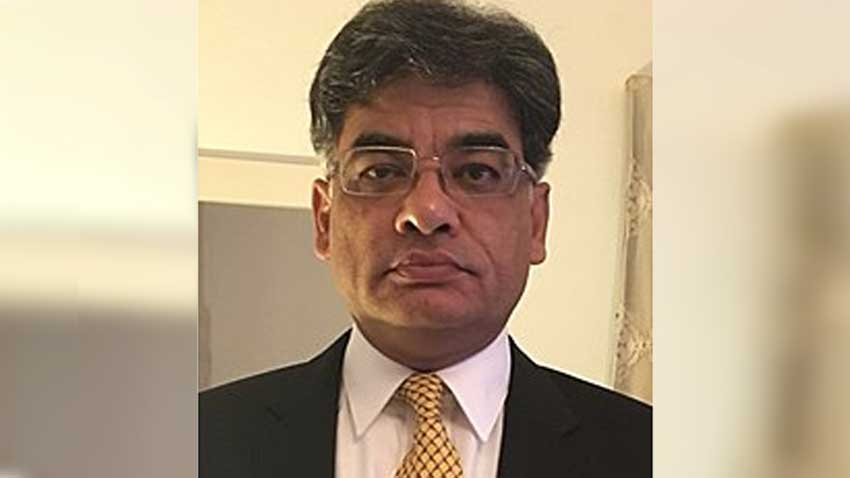
“The country might suffer far-reaching implications for the survival of its economy,” Attorney General for Pakistan Khalid Javed Khan said during an informal talk with the Press Association of Supreme Court members.
“The implementation of the penalty could have dangerous repercussions because Pakistan’s assets in other countries would be traced out for confiscation,” he added.
“The Reko Diq case is presently at an annulment stage, which is a crucial one. It’s like a review which has limited scope, so there are difficulties but it’s not impossible [to get a decision in favour of Pakistan].”
The AGP said the country’s first priority was to avert upcoming crisis by getting a confirmation on the automatic interim stay order so that a threat looming over Pakistan’s foreign assets could be removed.
“A committee [of the World Bank’s Centre for Settlement of Investment Disputes] will hear Pakistan’s plea for the confirmation of the stay order next month,” he added.
It has been learnt that both the law minister and the AGP would attend the proceedings in connection with the confirmation of the stay order and that was why the hearing of the Justice Qazi Faez Isa had been delayed until March 30.
A senior lawyer said the committee might ask Pakistan to submit surety bonds similar to proceedings of the Karkey rental power case. “The annulment proceedings may take two to three years,” he added.
The Economic Coordination Committee (ECC) of the Cabinet recently approved the law ministry’s request for a technical supplementary grant of $1 million for legal and miscellaneous expenses in the Reko Diq case.
The ECC also sought a detailed briefing from the ministry on the case in its next meeting.
Sources told The Express Tribune that the law ministry had sent a summary to the ECC seeking the allocation of funds for hiring a new legal firm for the country’s assets in other countries.
An international arbitration tribunal of the ICSID had slapped a penalty of $6 billion on Pakistan in July 12 last year for its 2011 decision to deny a mining lease for the Reko Diq project to the Tethyan Copper Company (TCC), a consortium of Chilean and Canadian companies.
The tribunal – chaired by Germany’s Klaus Sachs and including Bulgarian arbitrator Stanimir Alexandrov and the UK’s Lord Hoffmann had ordered Pakistan to pay over $4 billion in damages to the TCC in addition to $1.7 billion in pre-award interest.
The tribunal found that Pakistan had unlawfully denied the TCC a lease to mine copper and gold deposits at the Reko Diq mine, located in Chagai district of Balochistan. It held that the state had committed an unlawful expropriation under the Australia-Pakistan bilateral investment treaty.
The ICSID also declared that the Supreme Court of Pakistan’s 2012 judgment in the rental power projects case was ‘arbitrary’. Later, the TCC approached five different countries courts for the enforcement of the penalty imposed on Pakistan.
In November last year, Pakistan moved a plea before ICC for annulment of the award on several grounds. When the country’s plea registered, an interim stay was granted automatically on the enforcement proceedings initiated by the TCC.
The AGP further said he had already informed Prime Minister Imran Khan that he would not represent the federal government in Justice Isa’s case due to a conflict of interest.
“The government has right to present its case just like the petitioner did but everyone is bound to maintain their respect for Justice Isa.”
The top law officer said he was unaware of the law minister’s announcement about filing a presidential reference against Peshawar High Court Chief Justice Waqar Ahmed Seth on account of his judgment in the treason case against former military ruler Gen (retd) Pervez Musharraf.
However, he added that a reference could not be filed against a judge on the basis of his judicial order.

1722586547-0/Untitled-design-(73)1722586547-0-165x106.webp)


1732326457-0/prime-(1)1732326457-0-165x106.webp)





1732012115-0/Untitled-design-(14)1732012115-0-270x192.webp)






COMMENTS
Comments are moderated and generally will be posted if they are on-topic and not abusive.
For more information, please see our Comments FAQ